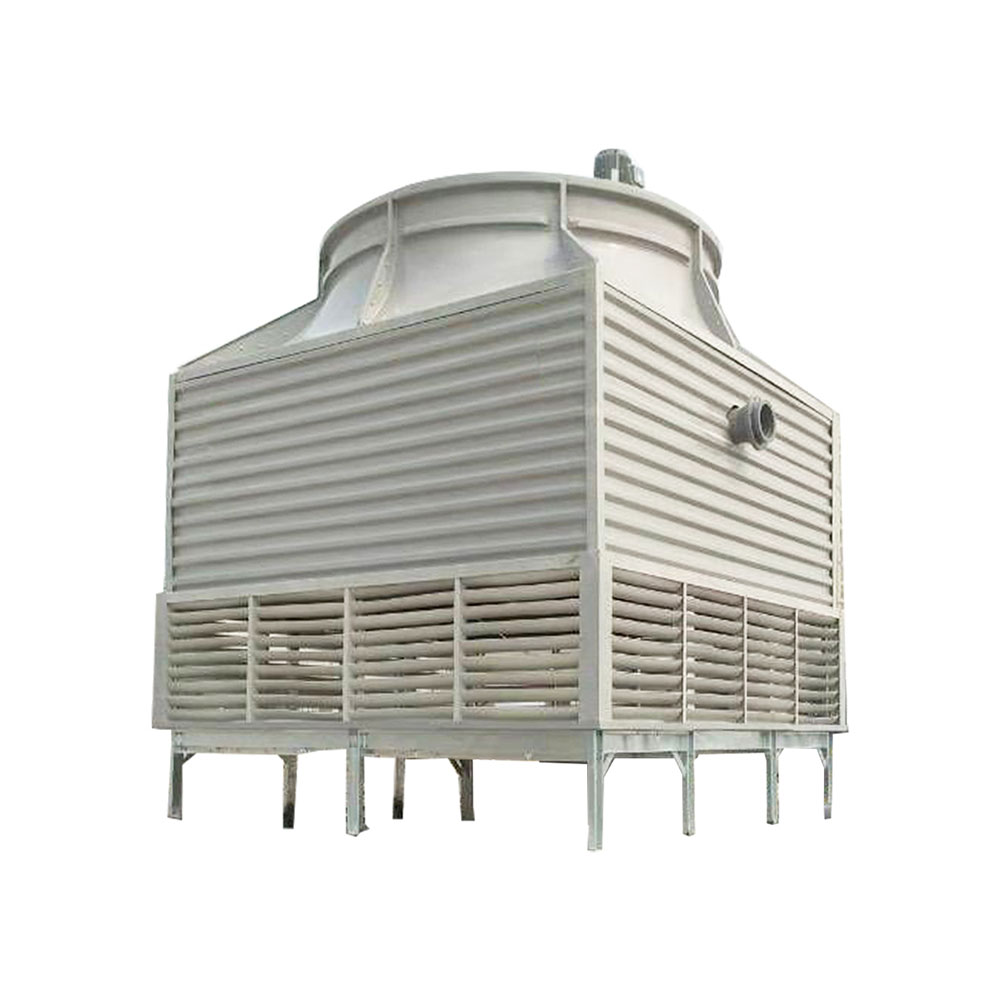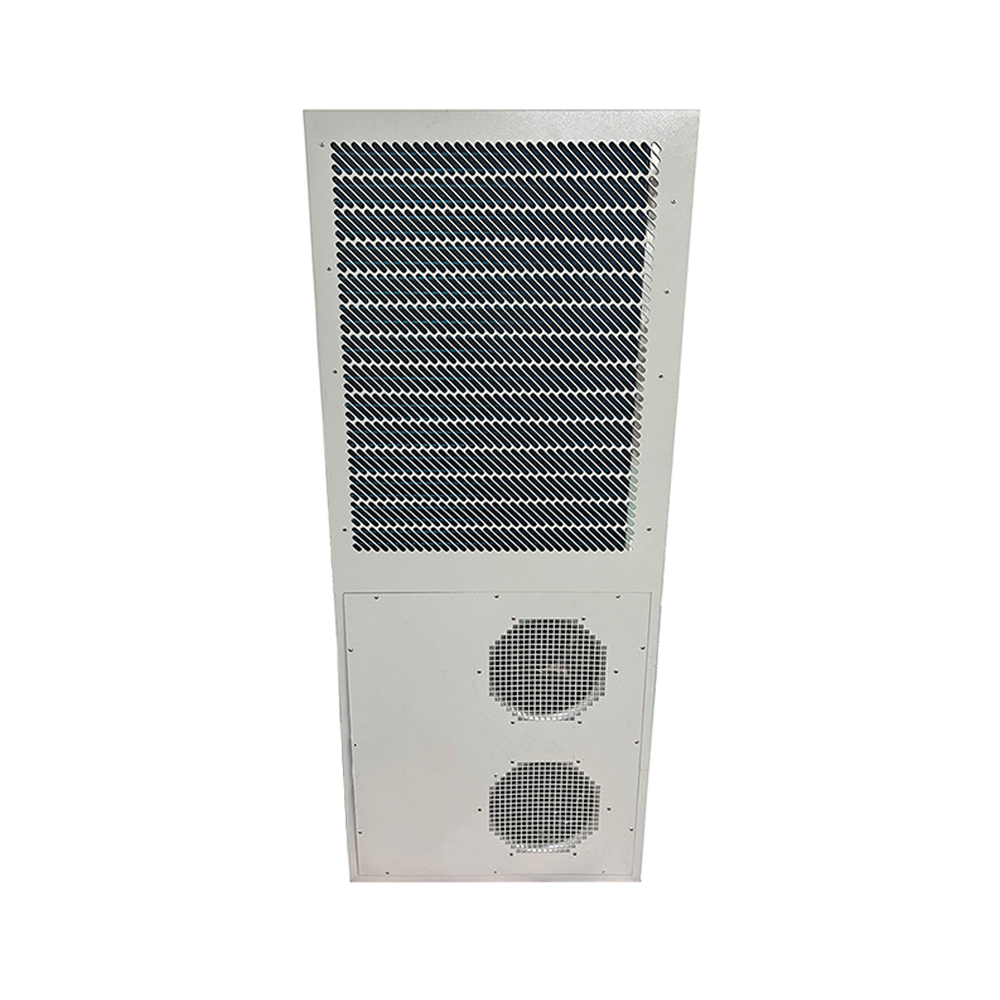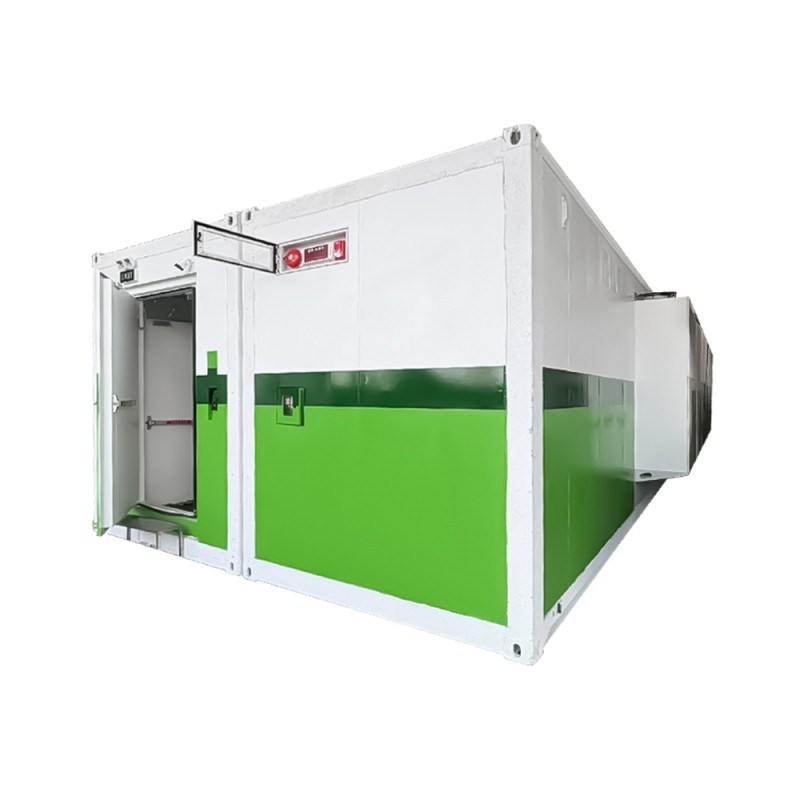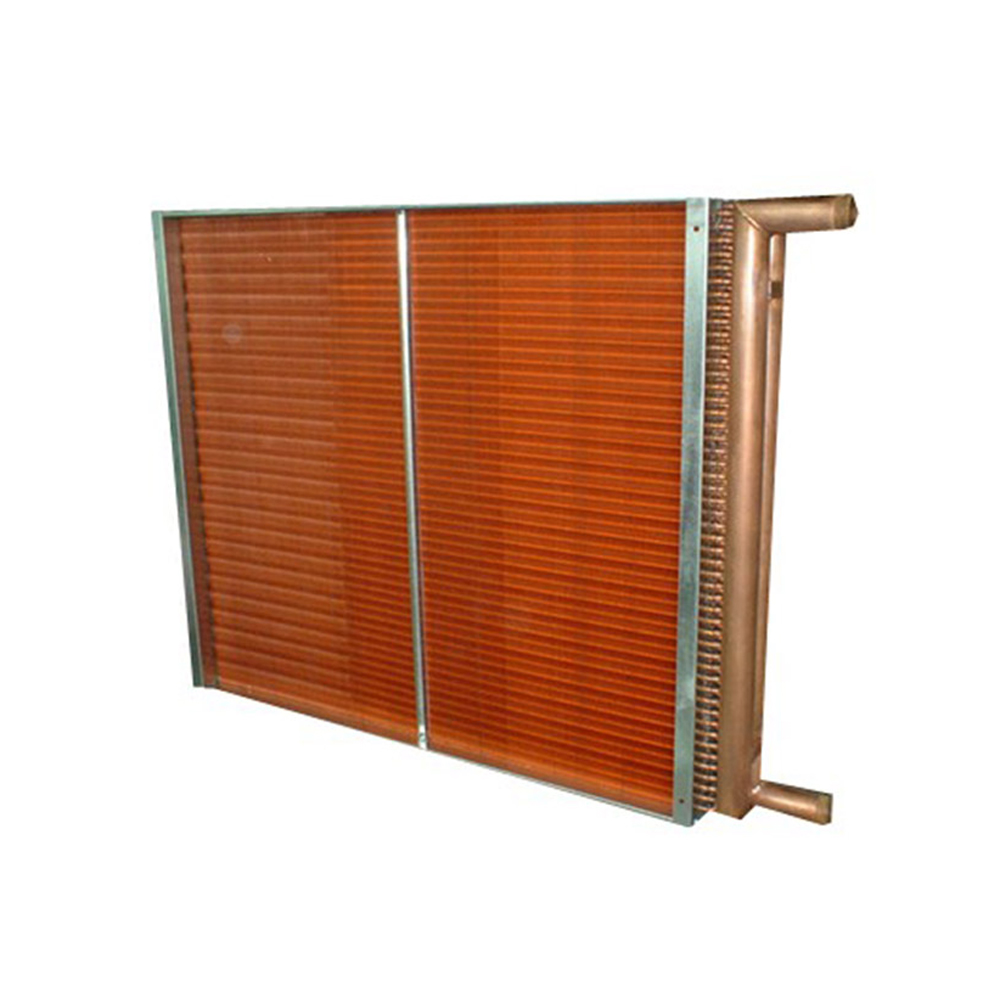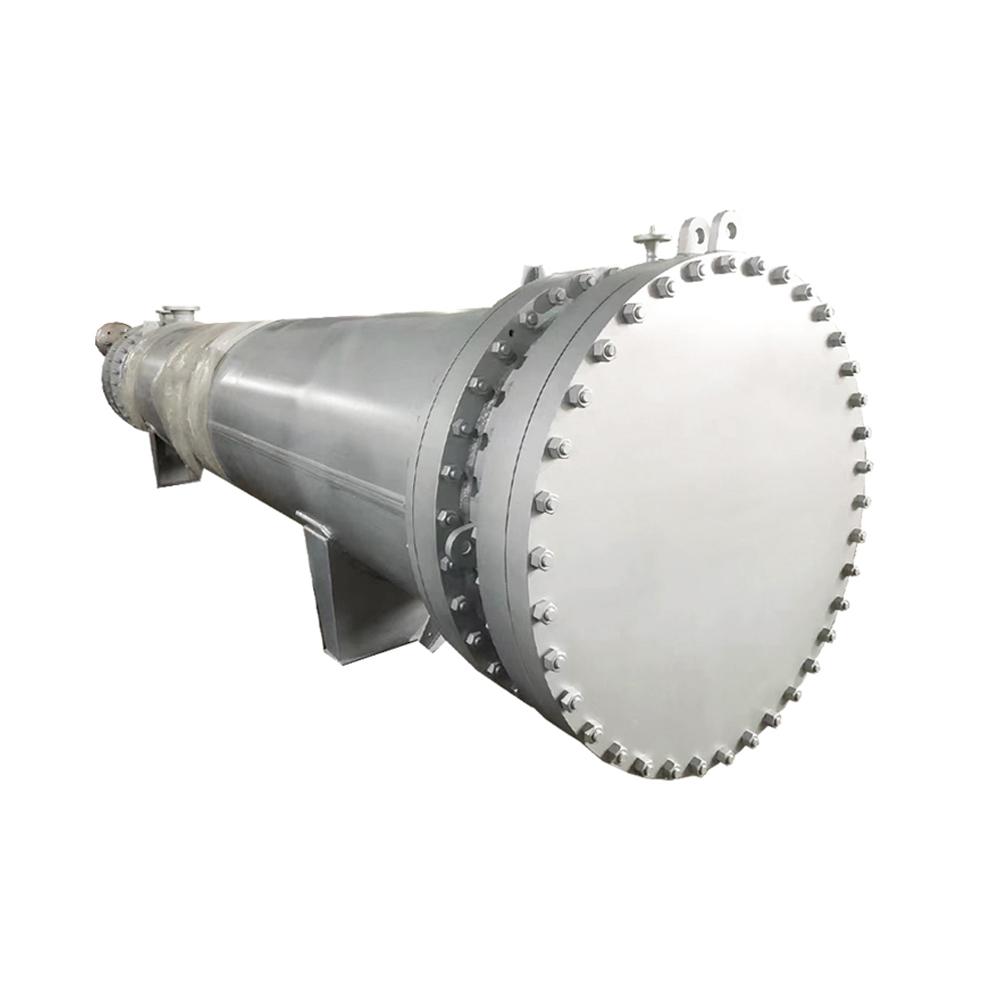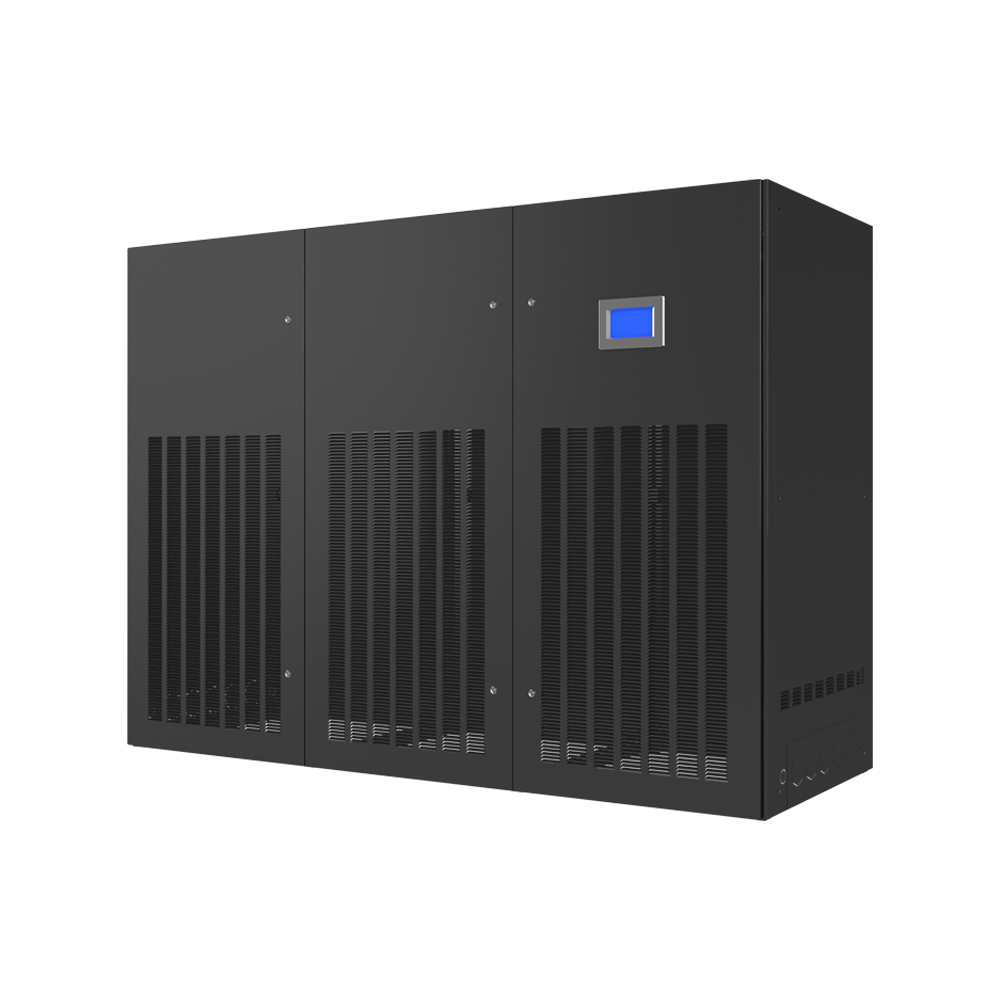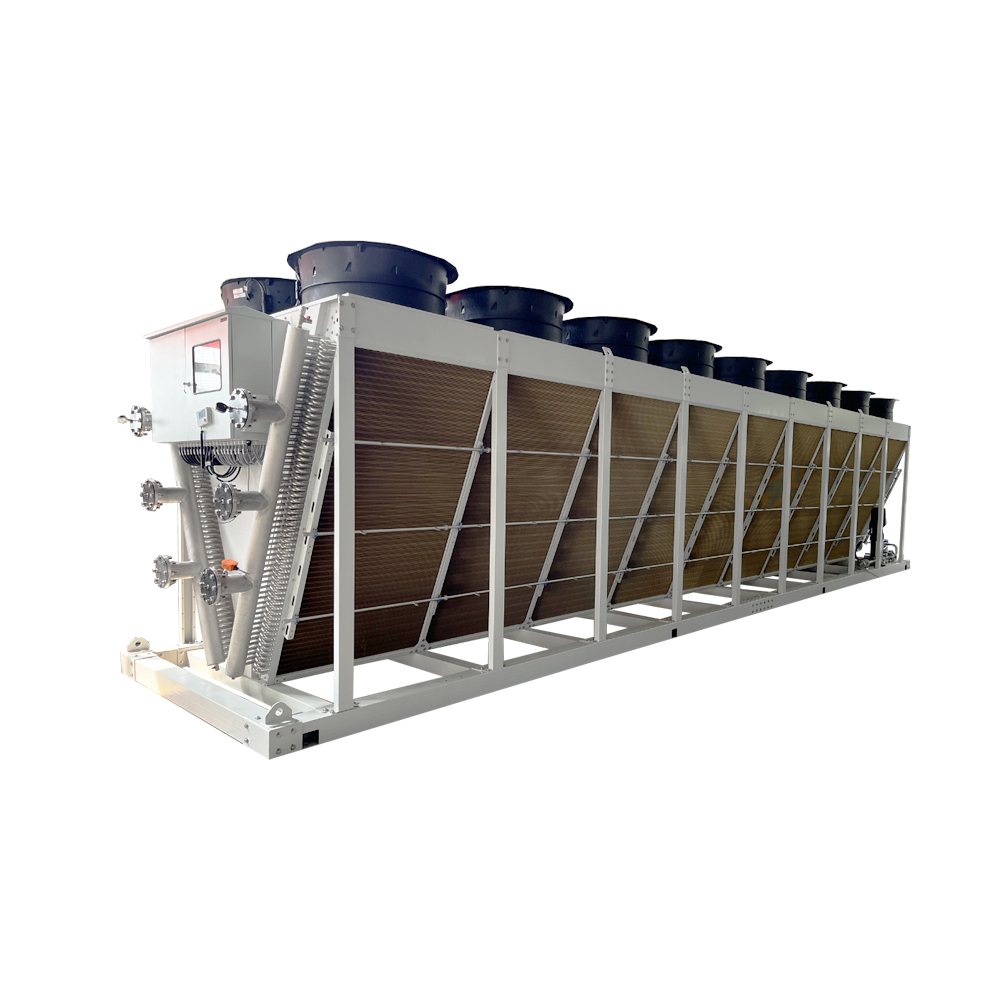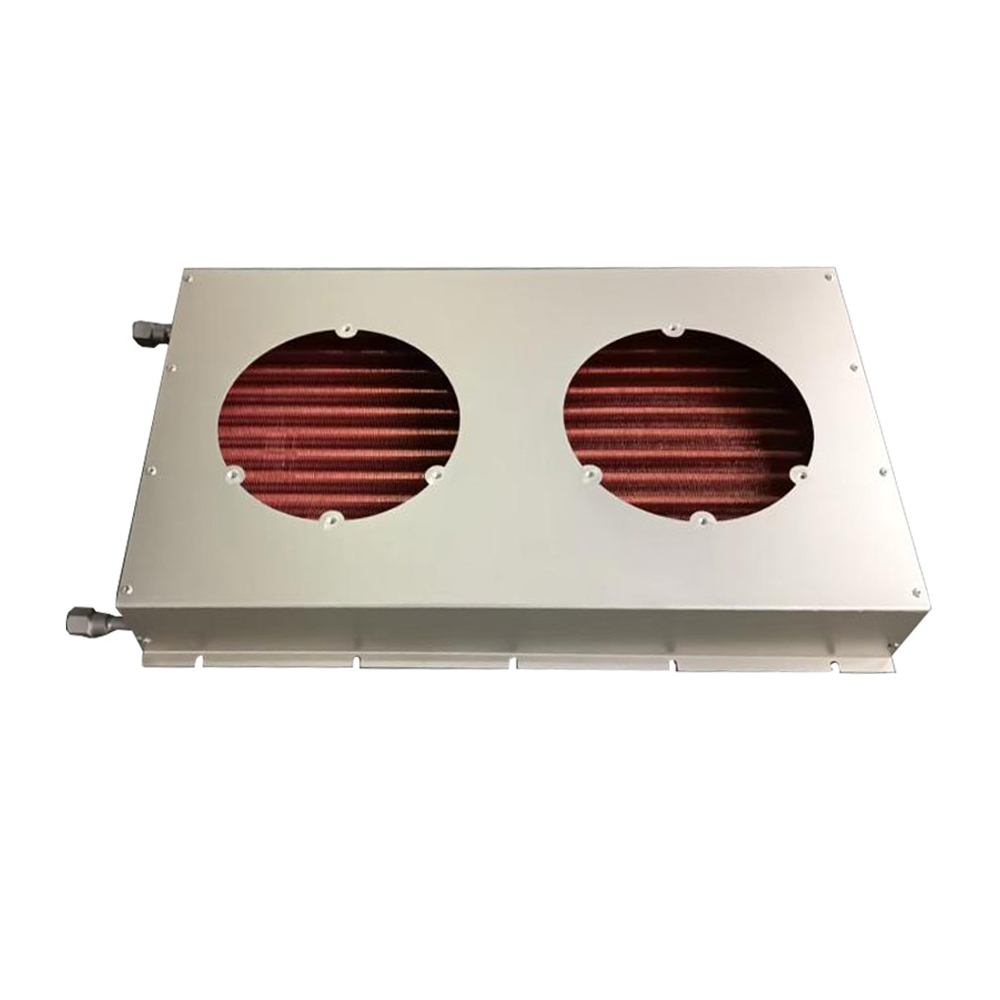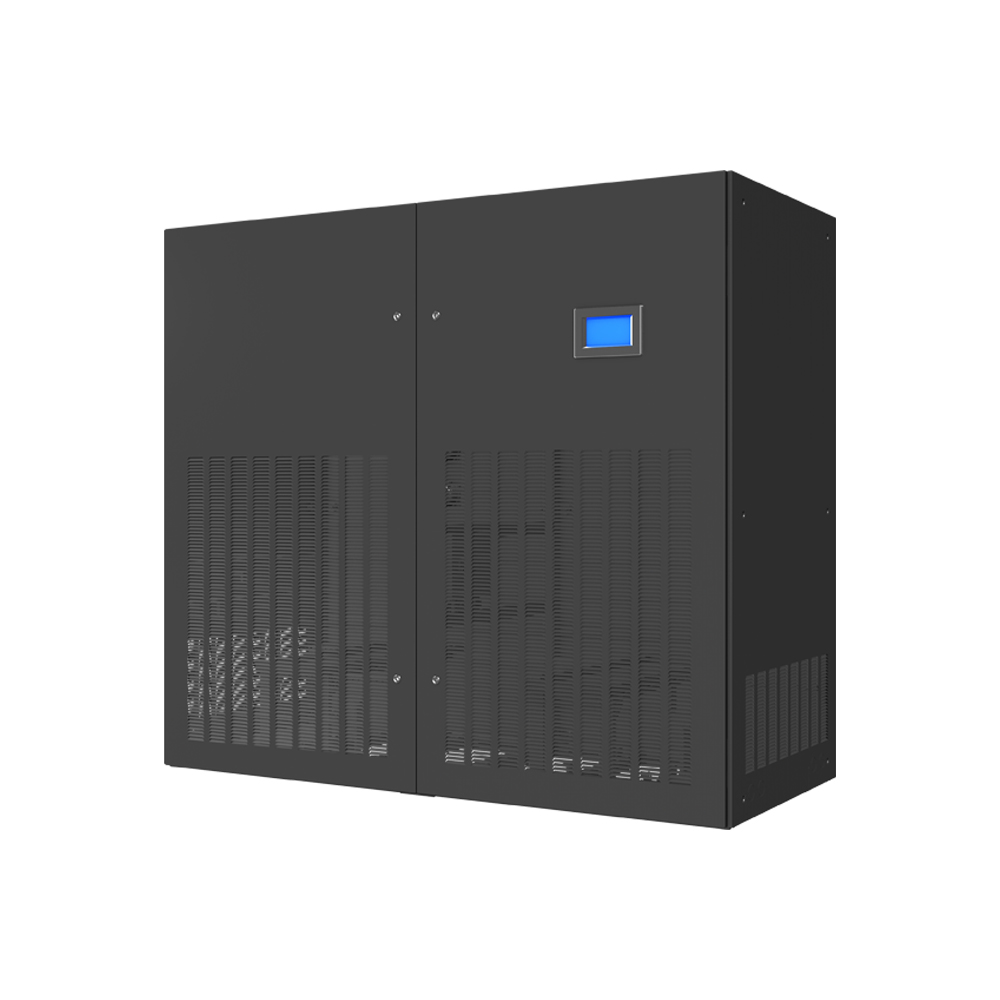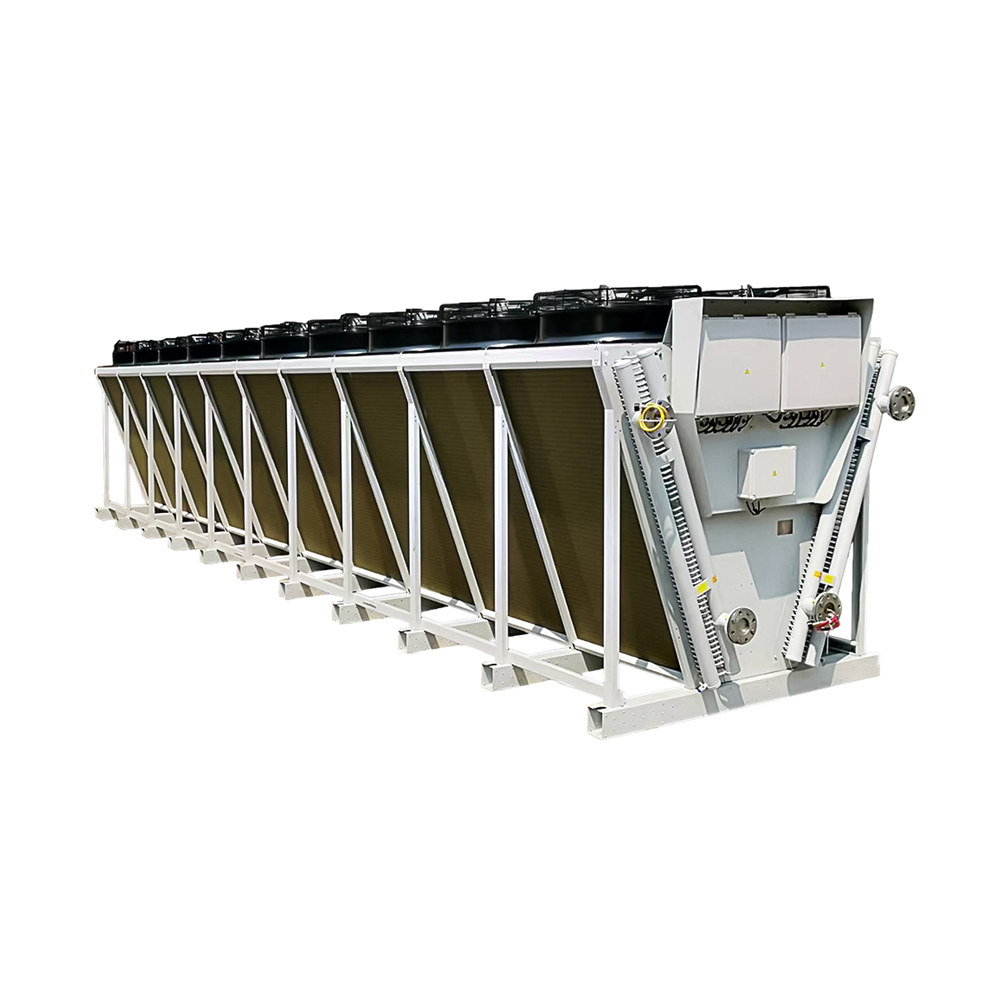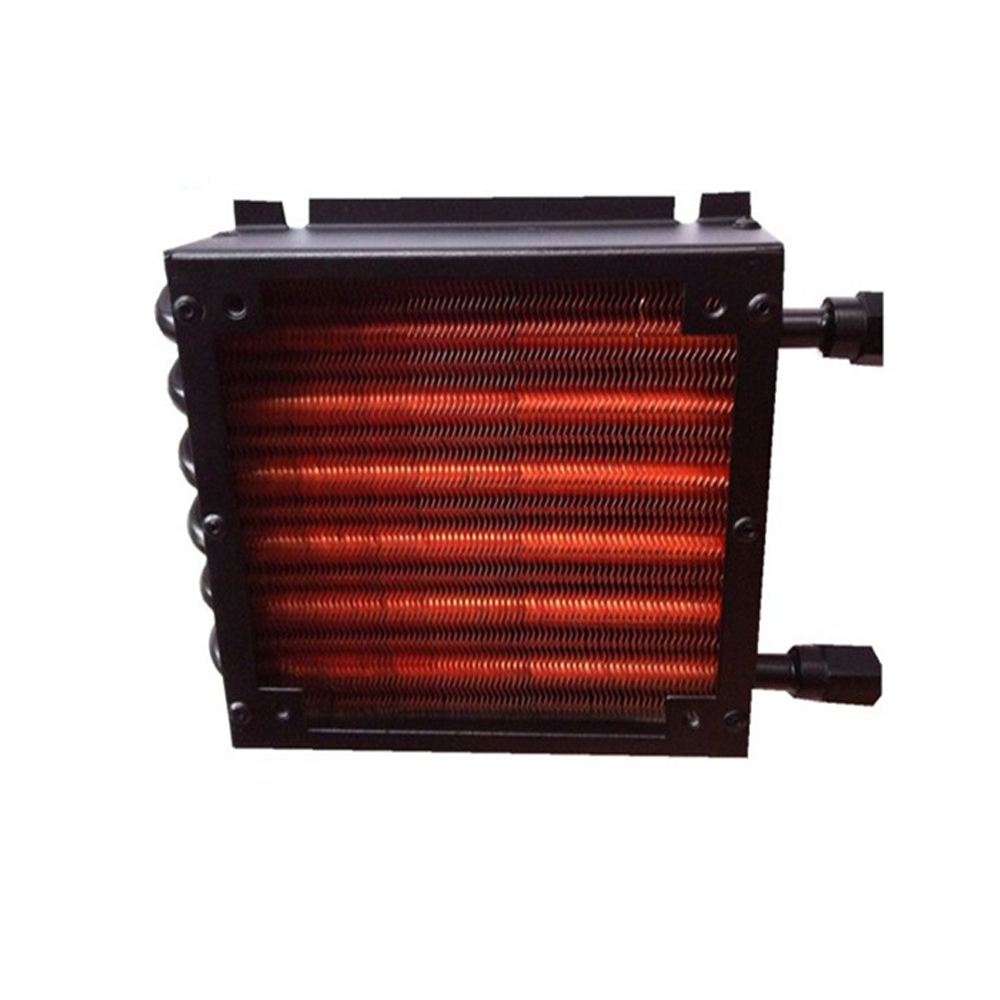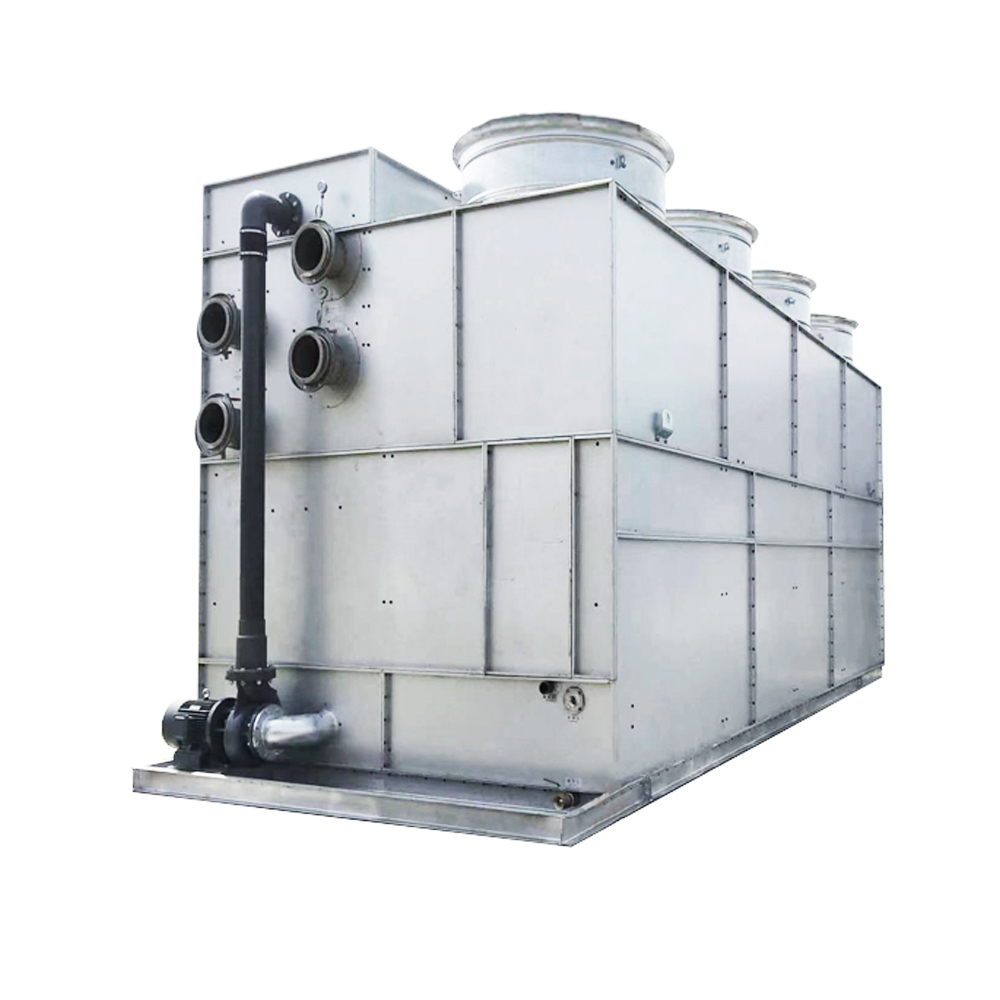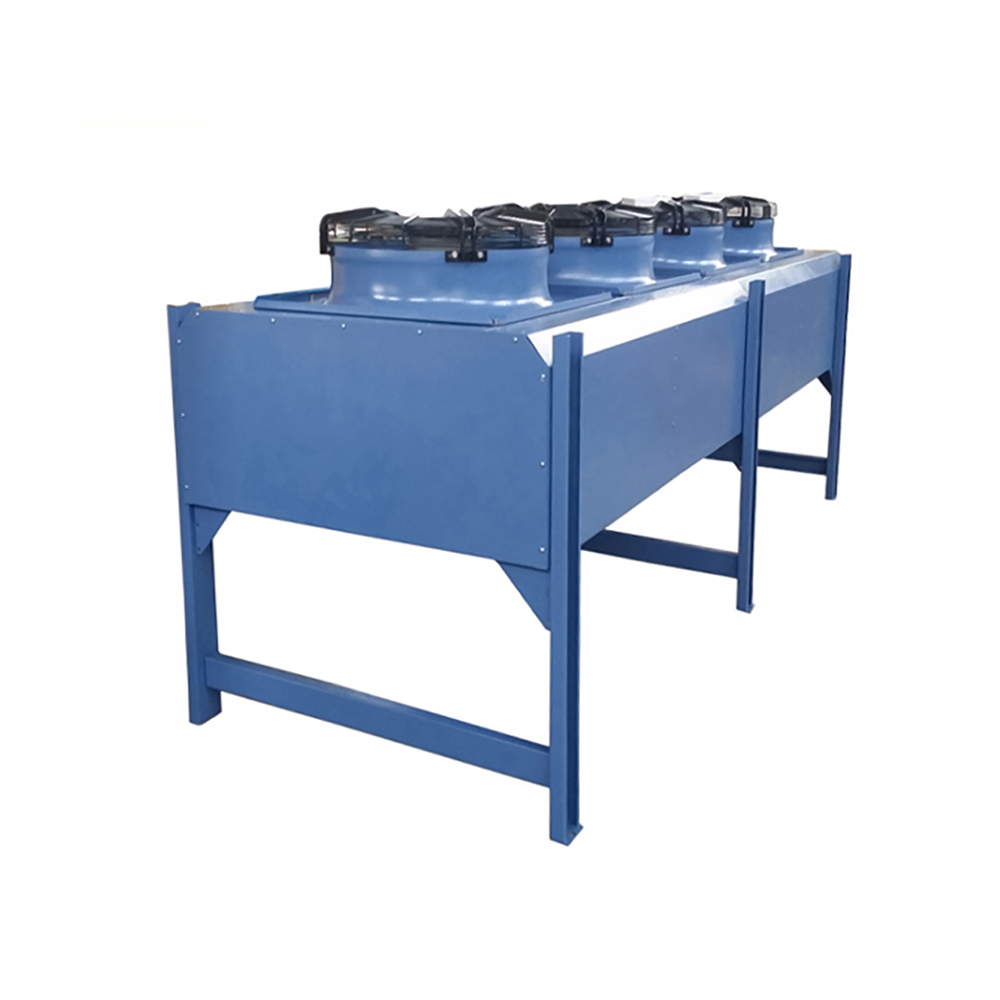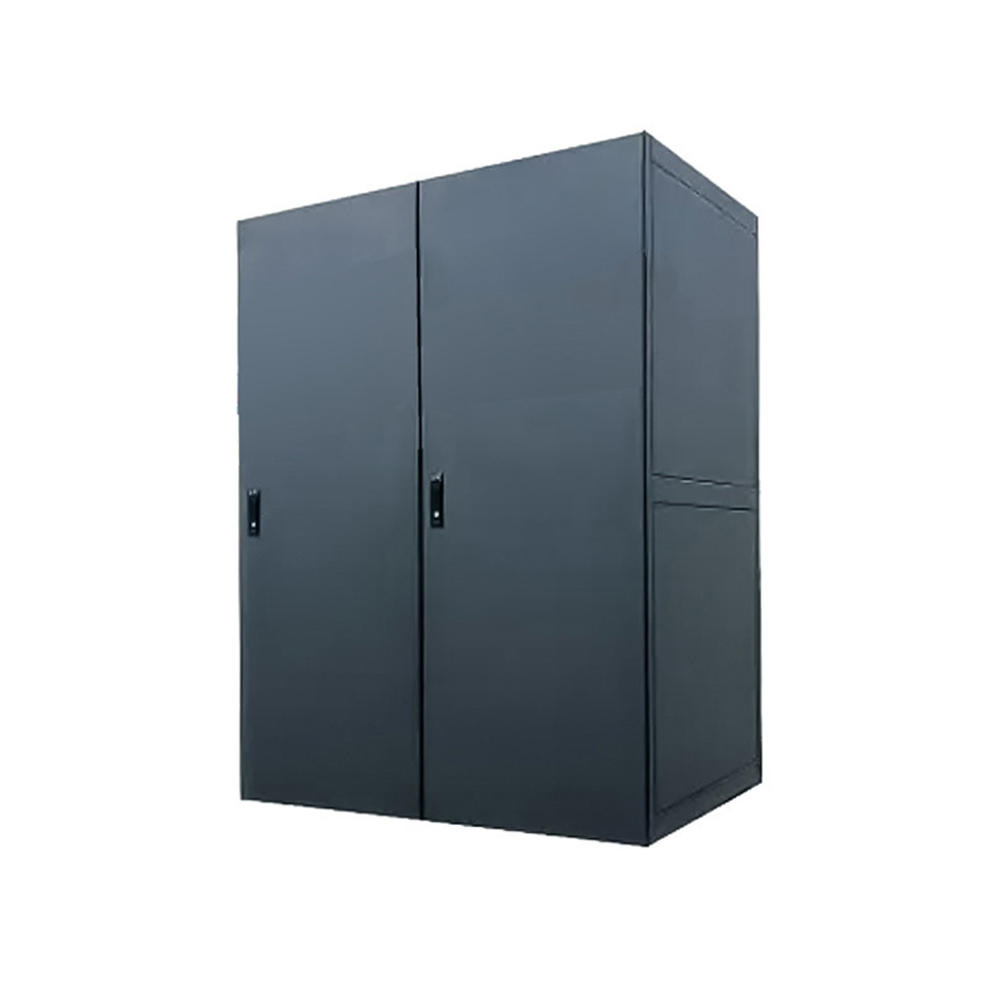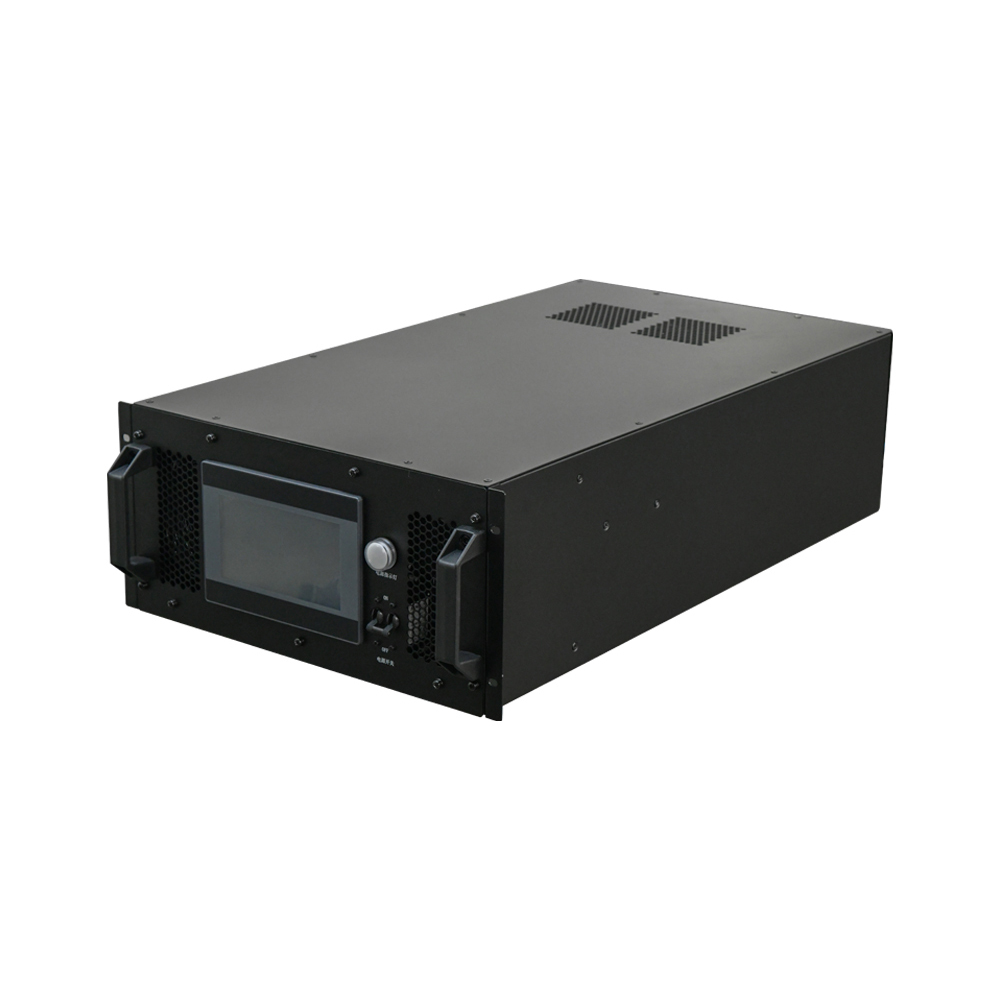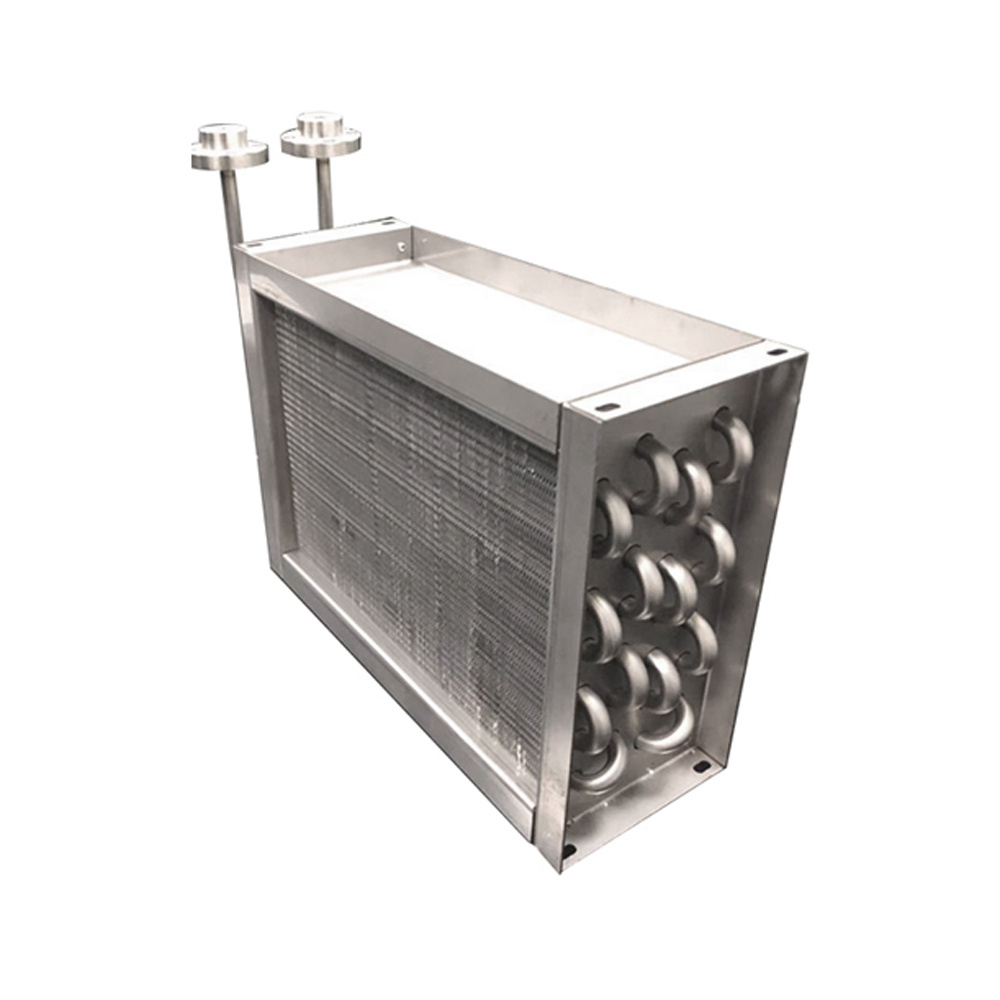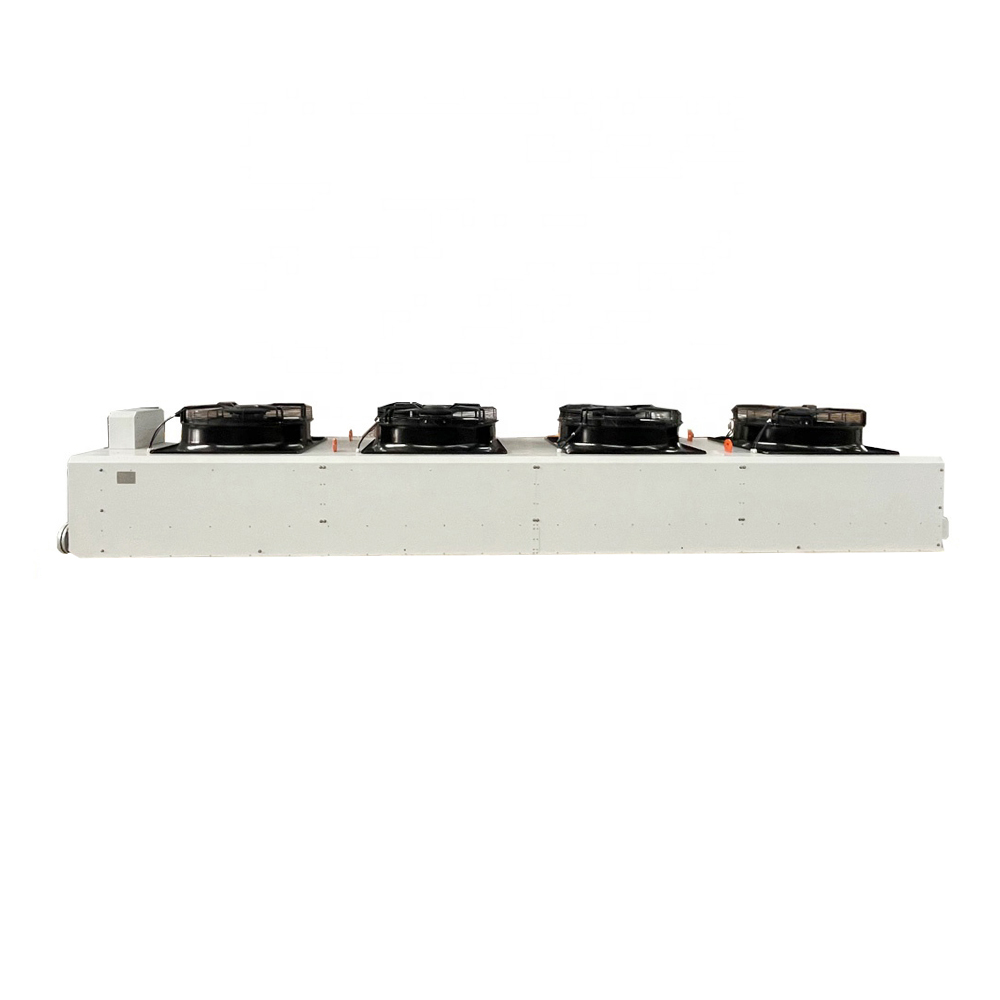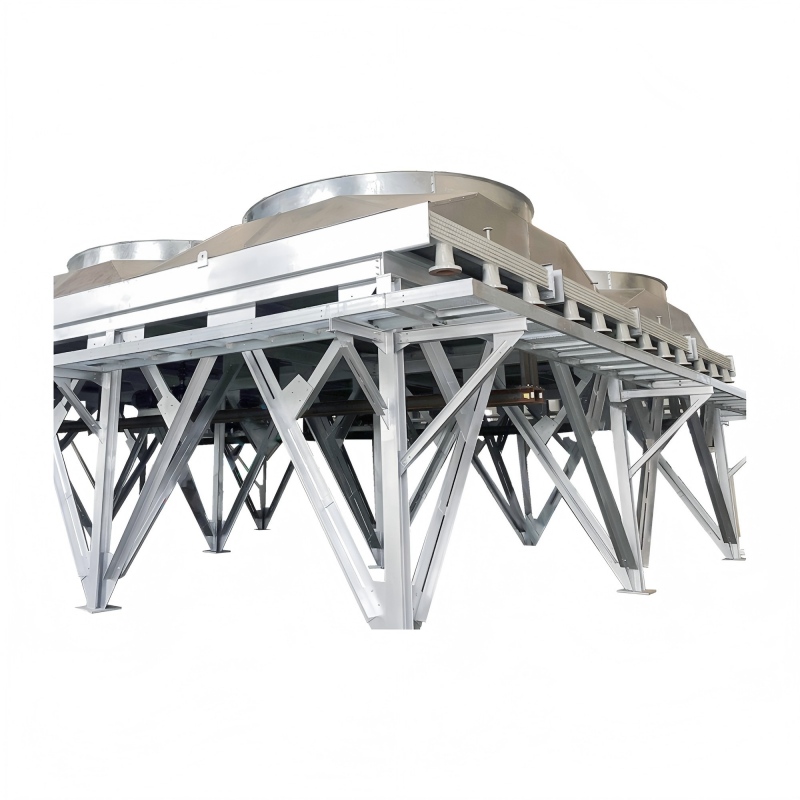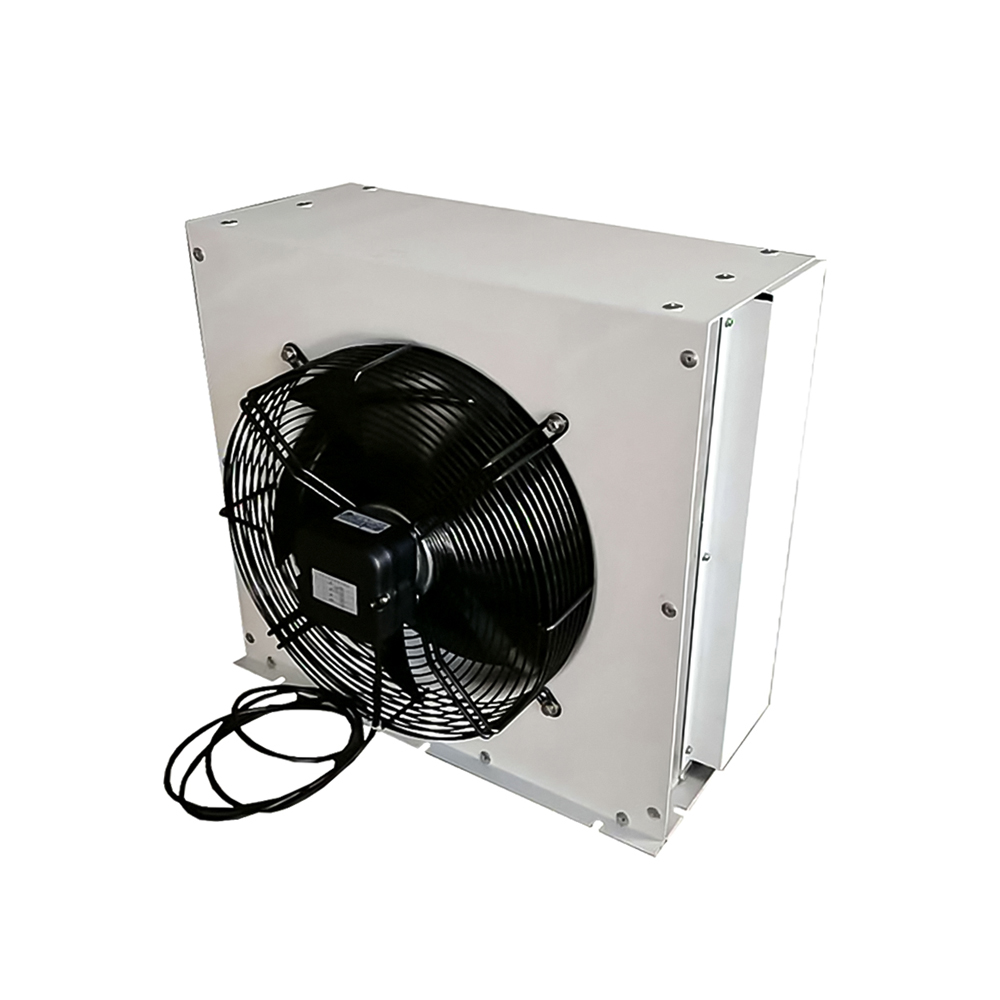This comprehensive guide explores the factors influencing the cost of shell and tube heat exchangers, providing insights for manufacturers and buyers alike. We'll delve into the various design considerations, material choices, and manufacturing processes that impact the final price. Learn how to effectively navigate the market and make informed decisions when selecting a shell and tube heat exchanger manufacturer.
Understanding the Cost Drivers of Shell and Tube Heat Exchangers
Material Selection
The cost of the materials used significantly impacts the overall price of a shell and tube heat exchanger. Common materials include carbon steel, stainless steel, copper, and alloys like Inconel or titanium. The choice depends on factors such as the operating temperature and pressure, the corrosiveness of the fluids being exchanged, and the desired lifespan of the exchanger. Stainless steel, for instance, offers superior corrosion resistance but comes at a higher cost than carbon steel. Shanghai SHENGLIN M&E Technology Co.,Ltd offers a range of options to suit various applications and budgets.
Design Complexity
The design complexity of a shell and tube heat exchanger is another key cost driver. Factors such as the number of tubes, the tube layout (e.g., U-tube or straight tube), the shell diameter, and the presence of baffles all influence manufacturing time and materials. More complex designs require more engineering effort and skilled labor, resulting in higher costs. Simple designs generally translate to lower costs.
Manufacturing Process
The manufacturing process also plays a pivotal role in determining the cost. Processes such as rolling, bending, welding, and testing all contribute to the final price. The precision required during manufacturing, especially for critical applications, may necessitate more advanced equipment and skilled personnel, which adds to the cost.
Size and Capacity
The size and heat transfer capacity of the shell and tube heat exchanger are directly proportional to the cost. Larger exchangers with higher capacities require more materials and manufacturing time, leading to higher prices. This is a fundamental relationship in the industry.
Factors to Consider When Choosing a Manufacturer
Experience and Reputation
Selecting a reputable shell and tube heat exchanger manufacturer is crucial to ensure quality and reliable performance. Look for manufacturers with a proven track record and extensive experience in the industry. Thorough research and due diligence are essential to mitigate risks.
Customization Capabilities
Many applications require customized shell and tube heat exchangers to meet specific operational needs. A manufacturer's ability to provide bespoke solutions can be a significant factor in the decision-making process. The ability to tailor the design to specific parameters often results in a higher cost but is frequently necessary for optimal performance.
After-Sales Service and Support
Reliable after-sales service and support are essential for ensuring the long-term performance of your shell and tube heat exchanger. Consider the manufacturer's commitment to providing ongoing support, including maintenance, repairs, and spare parts.
Cost Estimation and Budgeting
Accurately estimating the cost of a shell and tube heat exchanger requires careful consideration of all the factors discussed above. Many manufacturers provide preliminary cost estimates based on initial specifications, but it's crucial to collaborate closely with them throughout the design and procurement process. Budget accordingly to accommodate potential variations in cost based on the complexity of the design and the selected materials.
Comparing Shell and Tube Heat Exchanger Costs
| Material | Approximate Cost Range (USD) | Typical Applications |
| Carbon Steel | $1,000 - $10,000+ | General industrial applications, heating and cooling systems |
| Stainless Steel | $2,000 - $20,000+ | Chemical processing, food and beverage industries, corrosive environments |
| Copper | $1,500 - $15,000+ | HVAC systems, refrigeration, potable water applications |
| Nickel Alloys (e.g., Inconel) | $5,000 - $50,000+ | High-temperature and corrosive applications, power generation |
Note: Cost ranges are approximate and can vary significantly depending on specific design parameters, material grades, and manufacturing processes. Contact a shell and tube heat exchanger manufacturer for accurate cost estimations.
This information is intended for general guidance only. Always consult with a qualified engineer for specific applications. For further information or to discuss your specific needs, contact Shanghai SHENGLIN M&E Technology Co.,Ltd.









